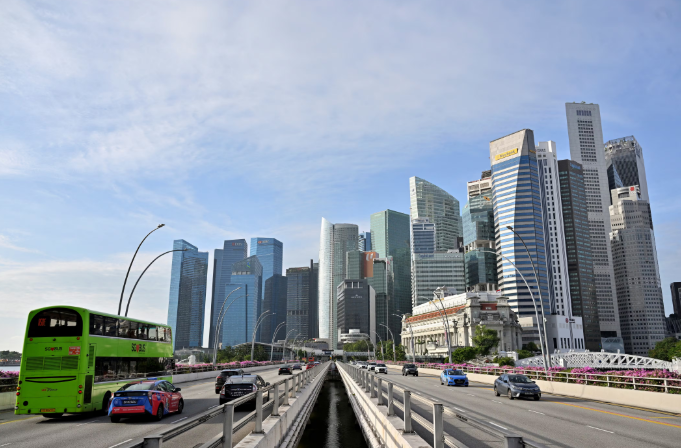Energy and Food Costs Drive Inflation Surge
Singapore’s core inflation climbed to 3.3% year-on-year in April, marking the highest level since January 2012, when it reached 3.5%. This increase follows March’s 2.9% and reflects rising energy and food prices, according to a joint statement from the Monetary Authority of Singapore (MAS) and the Ministry of Trade and Industry (MTI).
Overall inflation, measured by the headline consumer price index, remained steady at 5.4% in April, as moderated private transport inflation offset other increases. Core inflation excludes costs related to accommodation and private transport due to their volatility and reliance on administrative policies.
Sectoral Inflation Trends
Food inflation accelerated to 4.1% in April, up from 3.3% in March, driven by rising prices of uncooked food and food services. Retail and other goods inflation surged to 1.6% from 0.4%, attributed to increased clothing and footwear prices. Electricity and gas inflation also rose significantly, reaching 19.7% in April compared to 17.8% in March, due to elevated fuel costs.
Services inflation eased slightly to 2.5%, down from 2.6%, as airfares declined following relaxed COVID-19 testing requirements. Accommodation inflation increased to 3.9% from 3.5%, reflecting higher housing rents, while private transport inflation fell to 18.3% from 21.5%, as car price growth slowed.
Drivers and Outlook
Global inflationary pressures remain strong due to high commodity prices and supply chain disruptions exacerbated by the Russia-Ukraine conflict and pandemic-related challenges. Domestically, Singapore’s tight labour market supports wage growth, increasing the likelihood of businesses passing rising costs onto consumers.
MAS and MTI anticipate core inflation to rise further in the short term but project moderation toward year-end as external pressures ease. However, risks such as geopolitical tensions and pandemic-related shocks could lead to higher inflationary pressures.
Core inflation for 2024 is forecast to average between 2.5% and 3.5%, with headline inflation expected to range from 4.5% to 5.5%, driven by firm private transport and accommodation costs.








